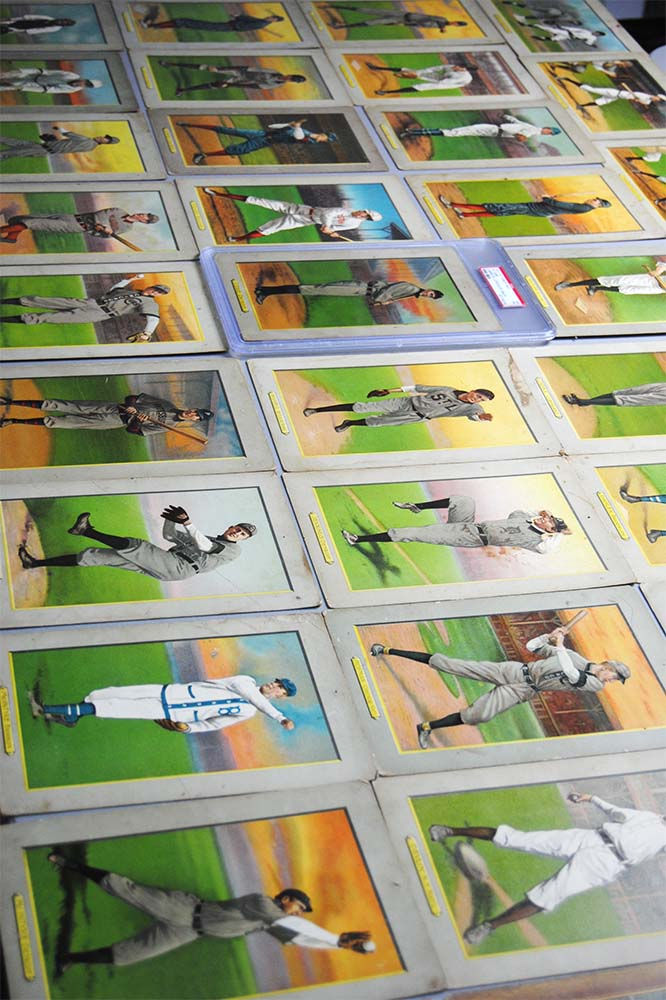
Last week, we talked about several key factors that make certain sports cards more valuable than others, which included rarity, age, and condition. Today we’ll talk about the impact that an athlete’s significance plays in the value of a card, as well as how to maximize the sales potential for your best cards.
Every sport has iconic players that most fans would be able to recognize. Can you name the sports in which Babe Ruth, Wayne Gretzky, and Michael Jordan played? Typically, cards from a famous athlete’s first professional or “rookie” seasons tend to be highly desirable to collectors. Additionally, cards from the years in which these athletes achieved certain milestones, such as winning championships or setting new records are also in demand.

Let's say that you’ve located a card that is rare, features a star athlete, and is in excellent condition. The next step to maximize its sales potential is to have the card graded.
Grading a card typically involves sending it to one of two companies – Professional Sports Authenticator (PSA) or Beckett. For a fee, these companies will grade your card, which means they will assign it a score of 1 to 10 based upon the physical condition of the card. A score of 1 is the lowest while 10 is the highest. A lower score indicates to potential buyers that the card has some sort of flaw or damage, while a higher score means that the card is in better condition and therefore more desirable. Since it is very difficult to get a card that receives a 10 (as that score is considered flawless), such cards can command a significant premium over near identical cards with a lower grade.

For example, if you find a 1986 Fleer #57 Michael Jordan card, congratulations! You have a very desirable rookie card. According to PSA, the card is worth approximately $790 if graded as an “8”, $1500 if graded as a “9”, or an incredible $8750+ if graded as a “10”! Of course, 13,408 of these exact cards have been submitted to PSA to date, of which 326 (or 2.4%) have been graded as an “8”, 2108 (or 15.7%) have been graded as a “9”, and only 156 (or 1.1%) have been graded as a “10”. The population or “pop” of a card with a particular grade also lends value to a card, as cards with high grades and lower pops means that the card is rare.

If you think you may have a valuable card, it should be stored somewhere that is climate controlled (like inside your house), out of direct sunlight, and inside a protective card sleeve, to minimize potential for damage. And for goodness sake, if you come across a 1952 Mickey Mantle rookie card, please don’t use it for a bike motor. It may be worth enough to buy you a new car…. or house!
コメント